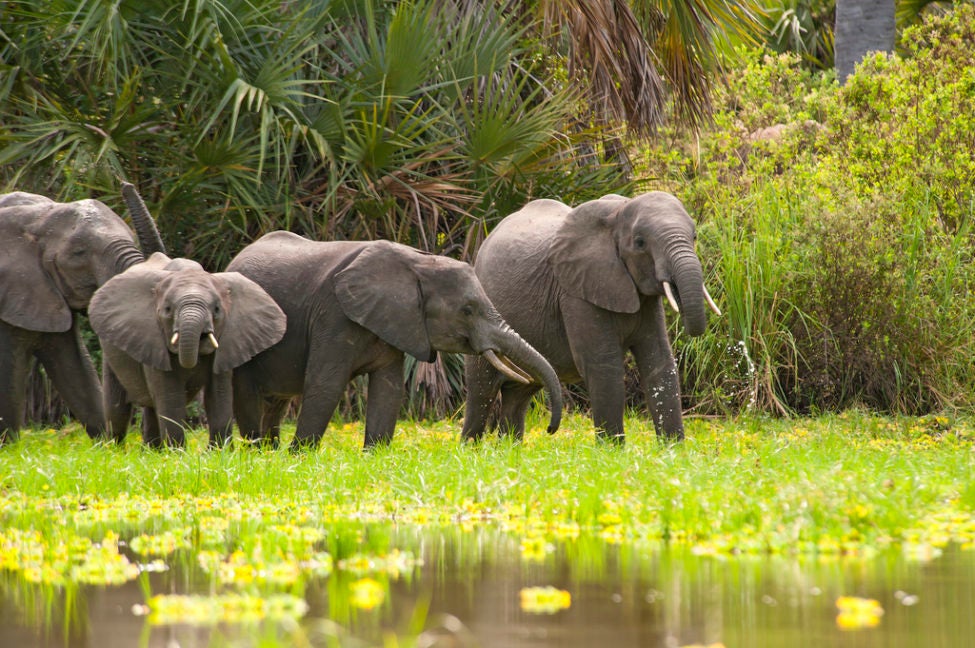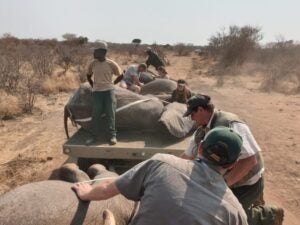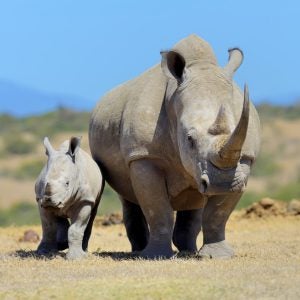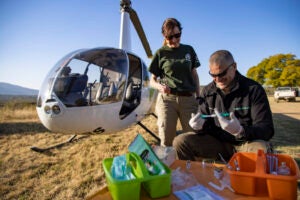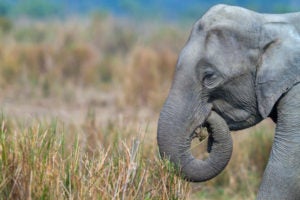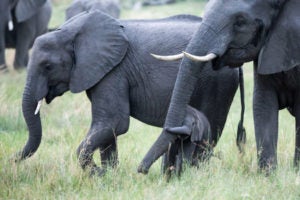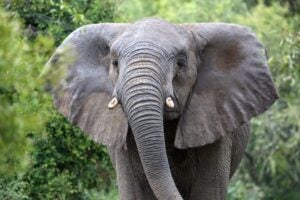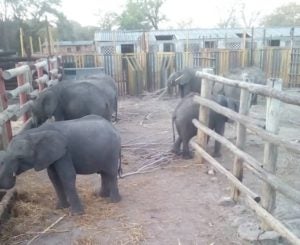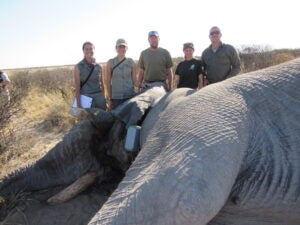
CAPE TOWN—Humane Society International/Africa (HSI/Africa) and the Elephant Reintegration Trust (ERT) have joined forces in a research project that could change the way that elephants are managed in South Africa in the future.
Nine reserves are currently part of the research project, with more due to join as the project progresses.
“While we know a lot about elephants, there’s so much more to learn – especially the effects that human interventions and management have on their lives and welfare,” said HSI/Africa wildlife director, Dr Audrey Delsink.
HSI/Africa’s elephant immunocontraception programme is already successfully ensuring non-lethal population control amongst elephant cows, with > 1150 females already contracepted in South Africa.
“This prevents the need for lethal culling as it controls local population densities, helping to mitigate potential elephant-human conflict in communities alongside reserves. However, we need to examine the effects of decisions that have been taken particularly for bull elephants—because not all are favourable or biologically relevant,” added Delsink.
According to the ERT, many undesirable bull elephant behaviours may be due to lack of knowledge around the importance of elephant social dynamics which results in poor management practices such as unbalanced demographics, or the incorrect or prolonged use of treatments to suppress musth and aggression in bulls.
“Extensive observation, monitoring and tracking is showing us how elephants use their landscape. When bull elephants break out of reserves, show aggression or unwanted behaviour, this invariably points towards a lack of space or social stability in the system, often resulting due to previous uninformed management decisions. If not responsibly addressed such behaviours will likely escalate,” said ERT chairman, Brett Mitchell.
The research team aims to use their findings to guide the management of free ranging elephants and the reintegration of captive elephants back into wild systems.
“We’re also aiming to develop a meta-population management approach to assist reserves to monitor and manage their elephant populations more effectively so that potential problems can be mitigated before they arise,” added Delsink.
The ERT and HSI/Africa team were recently at the Khamab Kalahari Reserve in the North West province with partner Global Supplies and veterinarian Dr Zoe Glyphis to deploy additional satellite collars on elephant bulls. This will help the team to better understand the dynamics of the elephants’ movement ahead of an introduction of new, various aged bulls, selected with the intention of building up the current bull hierarchy.
ENDS
Media Contact: Marisol Gutierrez: 072 358 9531; mgutierrez@hsi.org

